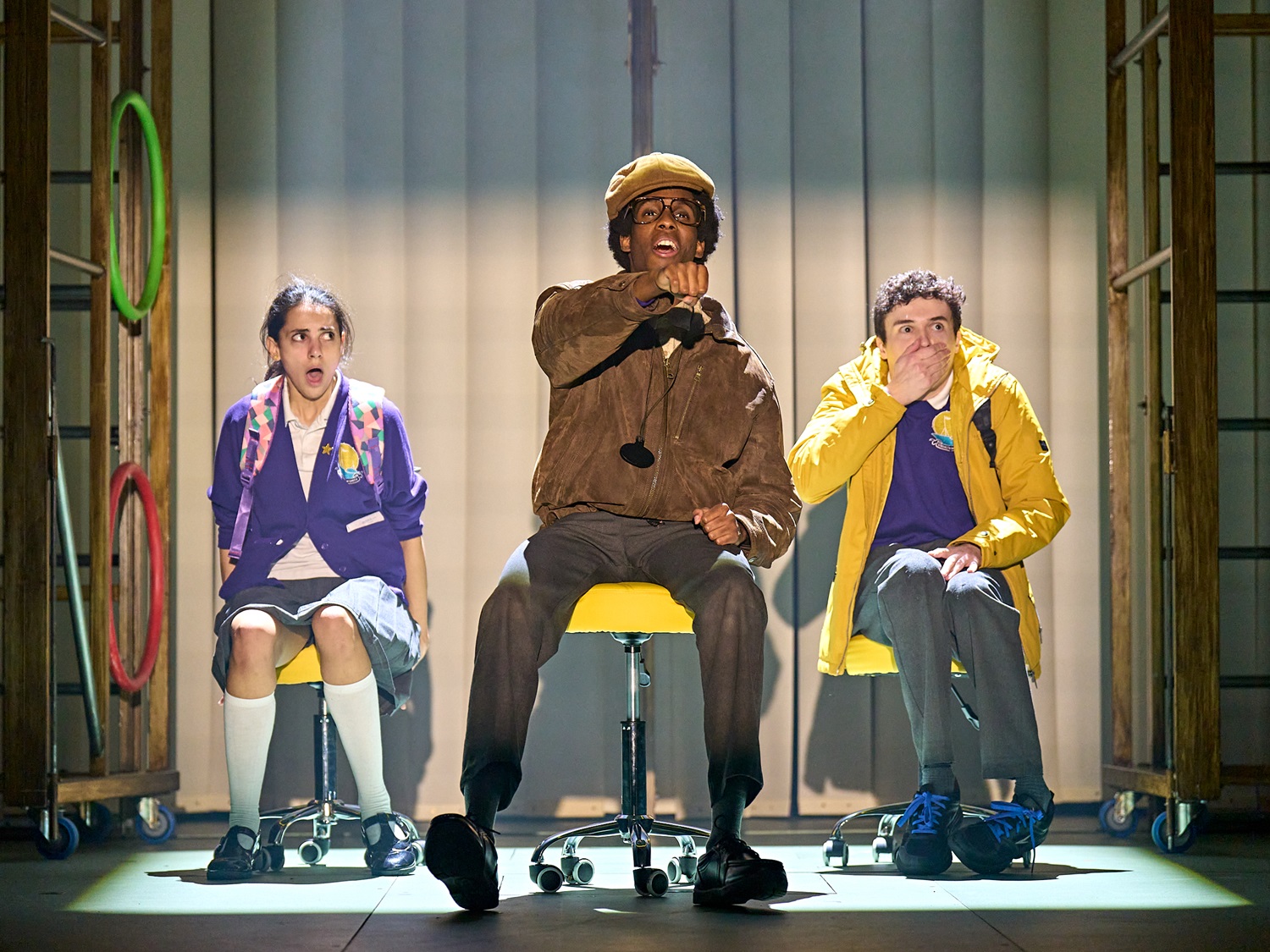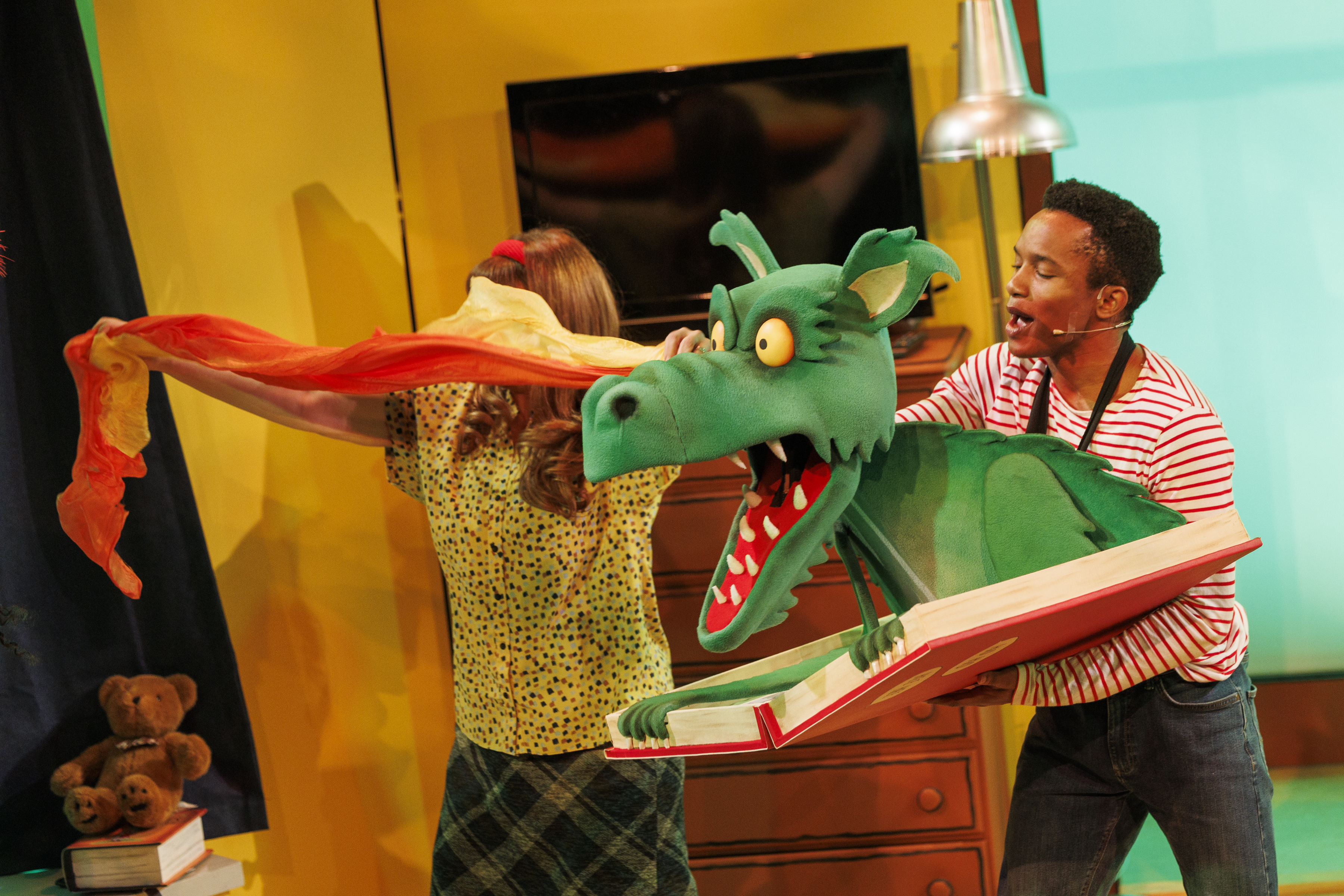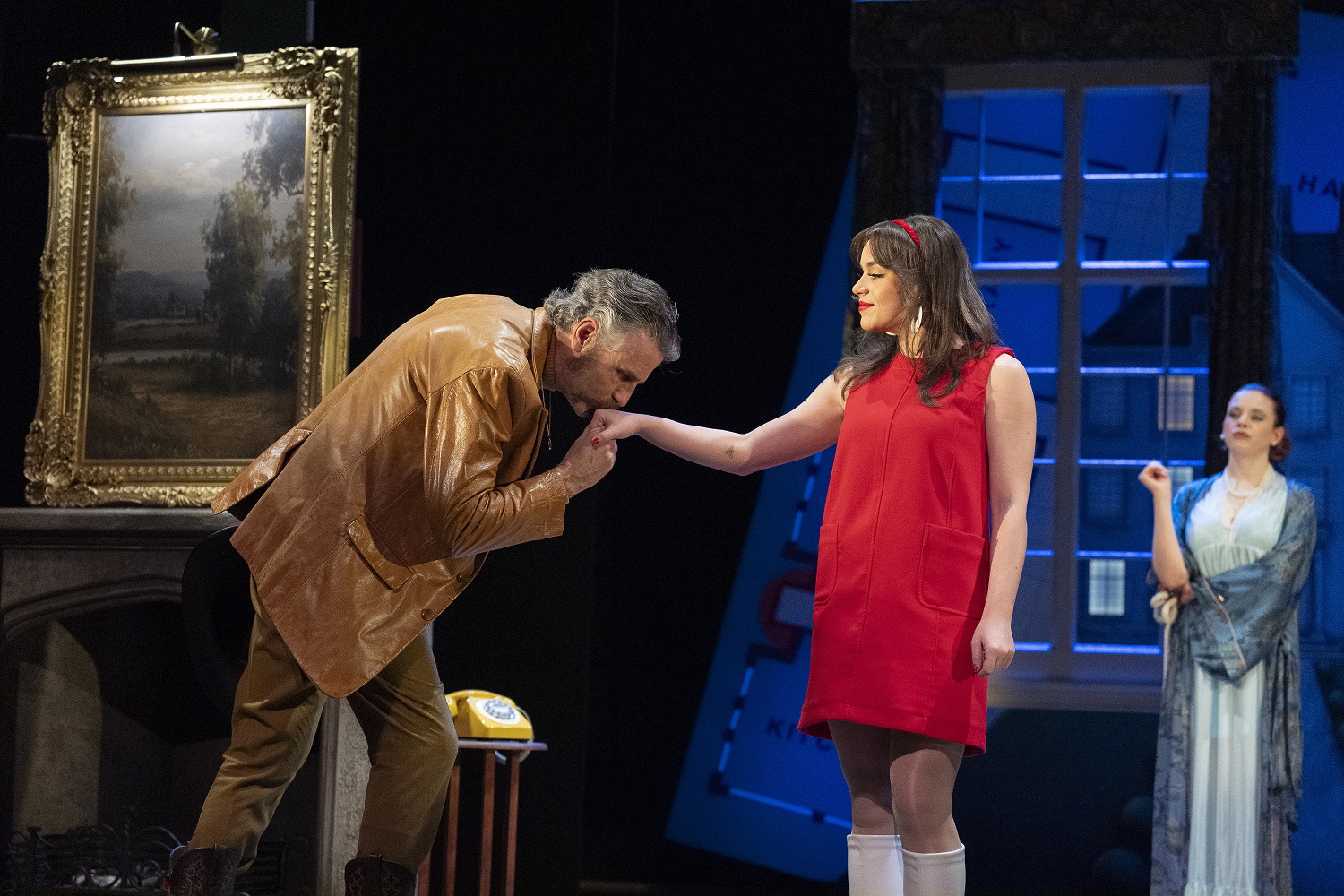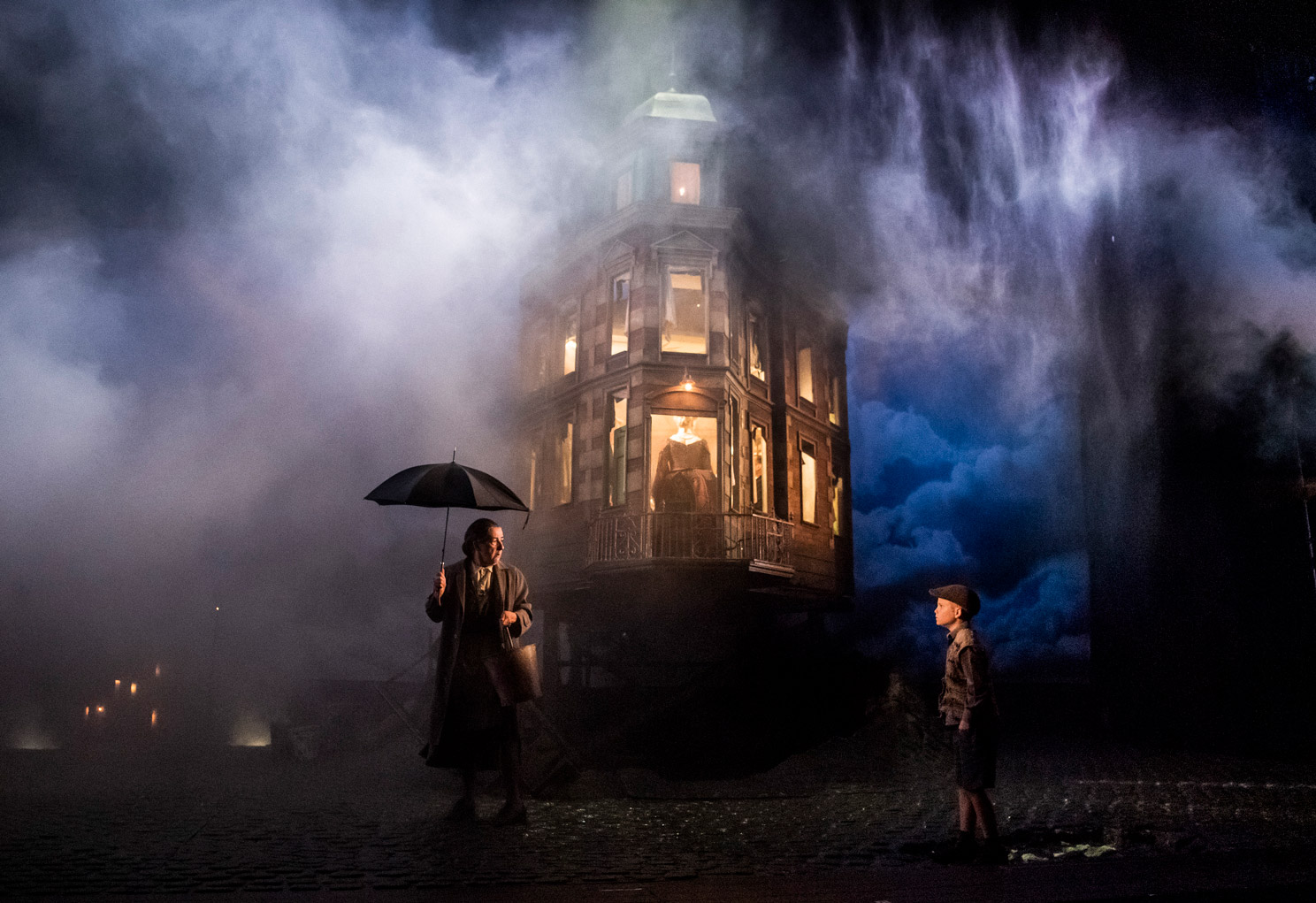

GRAND Insights | A Play By Any Other Name…
min read
Share
Sex. Okay, got your attention. Shakespeare. No, stay with me. Now you are suitably teetering on the edge of boredom and titillation, let us begin…
Much Ado About Nothing was a play I studied at school. It’s Shakespeare so it feels kind of mean to say I found it outright dull, but I did. Anyway, plays are meant to be seen on stage not read aloud by a group of disillusioned teens. Much Ado is a fairly standard romantic comedy, and consequently there are sporadic moments of parental guidance and sexual references. However, don’t go sprawling through your old battered copy to look for a bit of Benedict/Beatrice action. The cover itself will point you to the biggest clue to this play’s naughtiness.
In 16th-century England, when the play was first performed, the word ‘nothing’ had a different meaning, instead of meaning, well nothing, ‘nothing’, meant sex. Now, this may not seem like a massive revelation, but if you’ve seen the play then it sort of changes how you look at it. Or at least it changed my perception of what Shakespeare was trying to get across.
Likewise, Twelfth Night is another example of how titles can shed light on the context of a play. An alternative title for Twelfth Night in Shakespeare’s day was ‘What You Will’. I’m not saying that Romeo and Juliet or Hamlet are particularly interesting titles, but ‘What You Will’ just sounds like he couldn’t be bothered. Just watch it alright, and it will be whatever you want it to be. What’s it about, you say? Ah – nothing.
Even though we have learned that ‘nothing’ meant sex in steamy 16th-century parlance, it doesn’t necessarily mean that Shakespeare intended the title to be read in this way. Perhaps Shakespeare was genuinely disappointed with his Much Ado effort, and decided to warn the audience not to see the tired piece.
Twelfth Night is another Shakespeare play to touch on love, with much of the humour coming from cross-dressing and mistaken identities. While there is no on-stage naughtiness, bawdy jokes are something of a commonplace, which helps this play become one of Shakespeare’s best-loved and most accessible comedies. So, in light of this tidbit of information, I beg to differ that those 16th-century scallywags had ‘nothing’ on the brain…
By Kieran Wyatt
Twelfth Night – Grand Theatre, Blackpool
Tuesday 21 to Saturday 25 October
For more information click here























